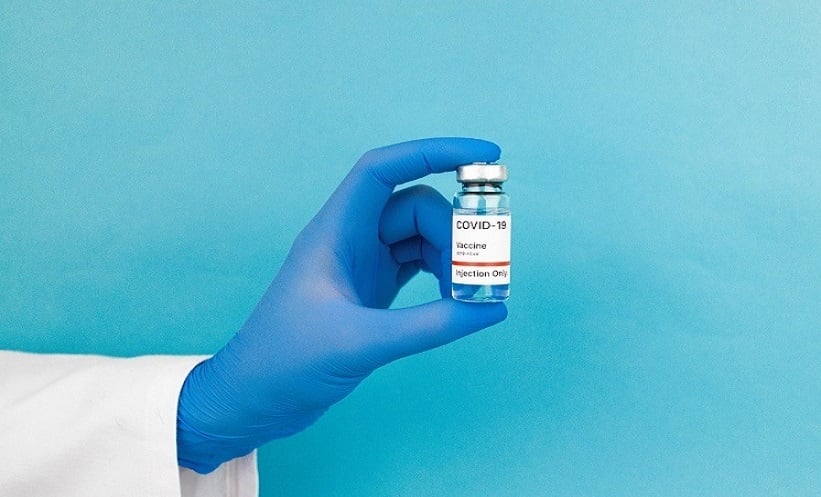RESEARCHERS used the National COVID Cohort Collaborative (N3C) database to conduct the first study examining both full and partial vaccination, and the correlation with major adverse cardiac events (MACE) in the USA. As the largest national comprehensive database on COVID-19, the N3C has continuously collected and standardised data from electronic health records of institutions across the USA.
The study included 1,934,294 patients, aged 18–90 years. Of these, 217,843 patients had received mRNA vaccine formulations by Pfizer-BioNTech or Moderna, or viral vector technology by Johnson & Johnson. The Cox proportional hazards model was utilised to assess vaccination association with MACE, with an adjustment for demographic characteristics, months since January 20th 2020, and comorbidities.
Senior author Girish Nadkarni, Irene and Dr. Arthur M. Fishberg Professor of Medicine, Icahn Mount Sinai, New York, USA, said: “We sought to clarify the impact of previous vaccination on cardiovascular events among people who develop COVID-19 and found that, particularly among those with comorbidities, such as previous MACE, Type 2 diabetes, high cholesterol, liver disease, and obesity, there is an association with a lower risk of complications. While we cannot attribute causality, it is supportive evidence that vaccination may have beneficial effects on a variety of post-COVID-19 complications.”
The study revealed that either partial or complete vaccination is associated with a lower risk of MACE after SARS-CoV-2 infection. Joy Jiang, first author and PhD candidate in Nadkarni’s laboratory, highlighted their surprise, and added: “Even partial vaccination was associated with lower risk of adverse cardiovascular event. Given the magnitude of SARS-CoV-2 infection worldwide, we hope our findings could help improve vaccination rates, especially in individuals with co-existing conditions.”
The authors acknowledged that their study is limited as it cannot factor in vaccines which are distributed outside the United States, and the different SARS-CoV-2 variants underlying infection could not be accounted for. Further investigations will be required to uncover the mechanisms involved from an immunological perspective, as well as to analyse the role of SARS-CoV-2 subtypes and reinfections in their correlation with the risk of MACE.








